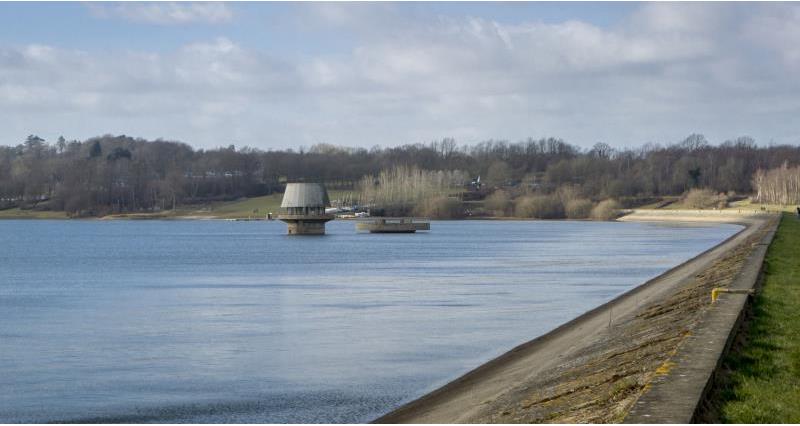A secure supply of water is essential for food production, and farms rely on a combination of water from abstracted sources, public water supplies and rainfall to meet demand.
In March 2020, the Environment Agency published ‘Meeting our Future Water Needs: a National Framework for Water Resources’. It’s main target is the creation of five multi-sector regional water groups each tasked with producing a regional water plan by 2023. This timetable is closely tied to the existing duties of public water companies who must produce their next 25-year Water Resources Management Plans (WRMPs) by 2023.
Regional plans will seek to deliver the following:
- Reduce demand to 110 litres of water per person per day by 2050 and drive down water demand in all sectors
- Halve water company leakage rates by 2050
- Develop new supplies such as reservoirs, water reuse schemes and desalination plants, as well as innovative cross-sector options that brings wider benefits
- Move water to where it’s needed through more transfers of different scales and lengths
- Reduce the impact of drought measures that have an impact on the environment
Initial water resources position statements have now been published by the regional groups which can be found below:
- Water Resources South East
- West Country Water Resources
- Water Resources West
- Water Resources North
- Water Resources East
The NFU is keen to embrace regional water planning and recognises that there are some significant gaps in our knowledge about future agricultural demand. This lack of data and evidence risks a ‘two-tier’ approach to regional water planning. Government (through EU rural and agricultural funding) has traditionally invested in agricultural research and delivery programmes and we hope that commitments can be made to universities and the AHDB, for example, to make a crucial contribution to multi-sector water planning.
The capture, storage and distribution of water for agricultural use in on-farm reservoirs and multi-sector storage will be essential if the food and farming sector is to thrive. The planning system remains a barrier for farmers trying to build reservoirs.
NFU water specialist Paul Hammett said that future collaborative working between farmers and between different sectors will be crucial. “Climate change impacts will make it increasingly hard for individual farm businesses to cope with operational and market volatility arising from extreme weather events, and so partnership working will become increasingly important”, he said.
Read more on NFUonline:
